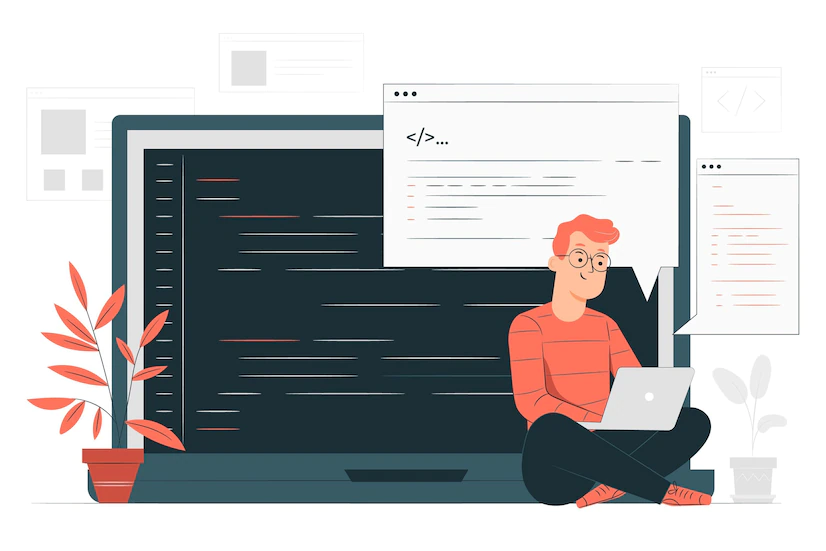How to Develop a Video Game from Scratch
Making a video game is much easier than it appears. While you’re unlikely to go from having no experience to creating the next blockbuster title, it’s never been easier to start making games. This is because game development tools and resources are becoming more accessible to the general public, even if they lack programming experience. In addition, these tools are frequently available for free.
Creating a Video Game
Learning how to make a video game from the ground up can be a gratifying and rewarding experience. With the rise of gaming, people worldwide are capitalizing on the massive video game market by creating and selling their own games. So naturally, the number of people learning game development has also increased. Within that, people also play different roles in the development process. For example, you might choose to be a graphics designer or a popular casino software developer. Various video games for various platforms and operating systems are created slightly differently, but they all follow the same general principles. Today, we will discuss those to better understand how a video game is created.
Concept
Create a few game concepts to help you decide what kind of game you want to make. If this is your first time creating a game, start small. Investigate different genres and subgenres, observe what is currently popular in media, and then jot down any video game ideas that come to mind. Consider the potential features or mechanics of the games on your list after you’ve finished your initial brainstorming. Reduce the number of ideas until you find the one with the most potential.
Platform
The platform on which you develop your game will significantly impact how it is designed. The platform determines how the game is controlled; smartphone games typically use touch and tilt, PC games use a keyboard and mouse, and console games use gamepads. These rules have exceptions, but it is generally easier to design the game around a specific control method.
Design
So you’ve got an idea that needs to be fleshed out. You can probably keep a small game with one or two mechanics in your head, but if it’s any larger, or if you’re working in a team, you should document it. You can use a game design document to describe the game’s concept, how it works, the goal, the player, interactions, art style, theme, and so on. You should be able to give a GDD to two people and have them create a game that is somewhat similar. If you’re working in a group, you’ll need to communicate how you want your game to look.
Tools
It is not a good idea to create your game with a tool you are still learning to use. After you’ve decided on an engine, spend some time developing elemental games and prototyping others while learning the software. It would be best if you were comfortable with the tool before attempting to create your first complete game. You should be able to navigate the interface using hotkeys and understand where everything is. You can master the software without stressing yourself out by focusing on lower-risk projects and experiments.
Prototype
This is the stage where you try to create test scenarios and systems that will allow you to see how gameplay might work. The goal is to determine whether the player’s main actions and decisions in the game are enjoyable over a long period. In addition, you might want to incorporate some art and animation into some of the more minor elements of your prototype to see if they match your expectations and vision.
Production
Production is the pipeline’s longest stage, and it’s all hands on deck. Production is where the game truly takes shape. The story is being refined, assets (characters, creatures, props, and environments) are being created, game rules are being established, levels and worlds are being built, code is being written, and so much more! Once the game is completed, you will want as many people to test it as possible. You can use this feedback to tinker, fix any issues, and make the game as engaging as possible with its players.
Creating your own video game is similar to creating any other art form. What matters is not the success of your creation but what you learn from the creative process. It is not necessary for your first video game to be a masterpiece as long as you learn and grow from it. And who knows, maybe your first attempt will be the next sleeper hit! Getting started is the key to understanding how to make a video game.



















